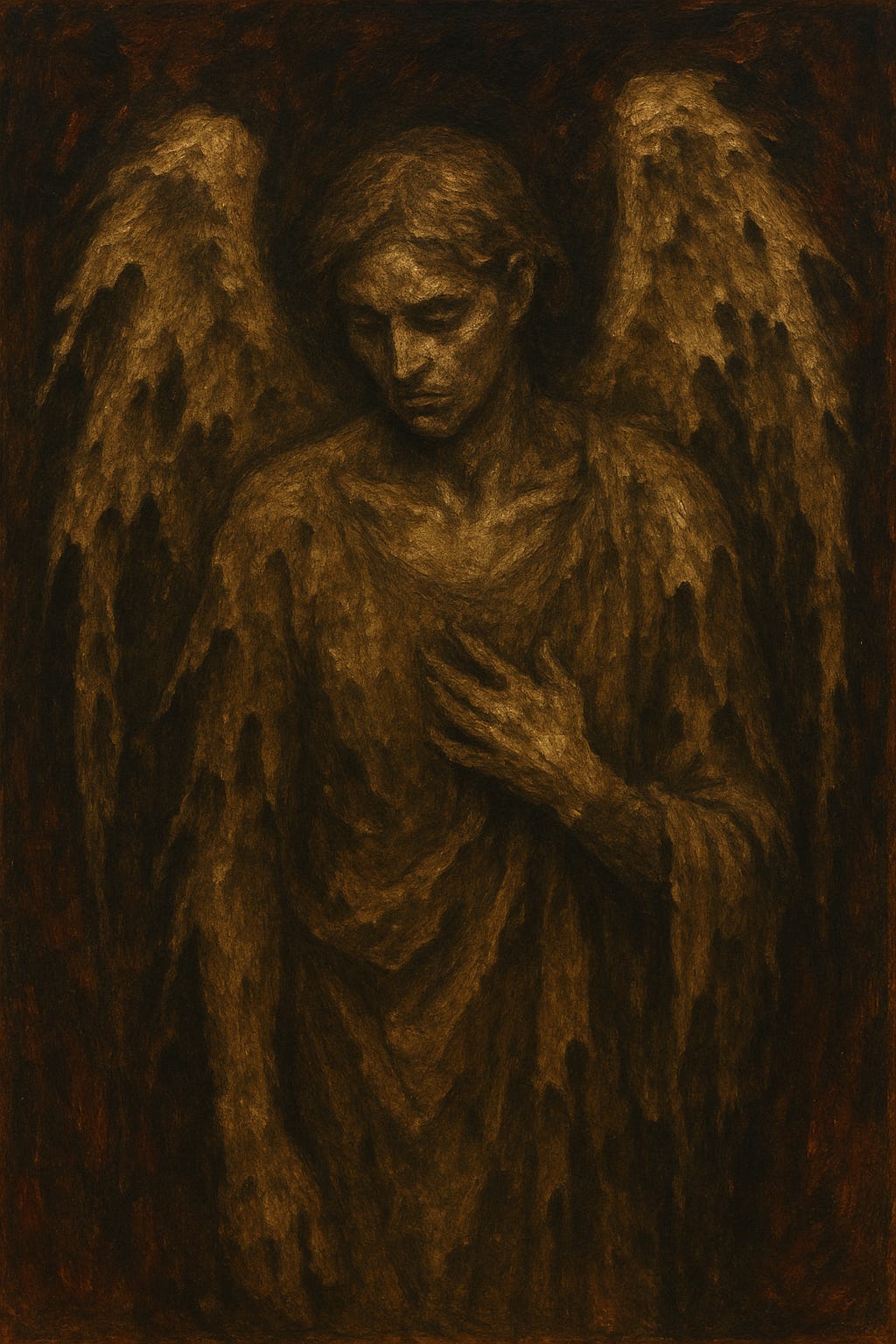In Ccru’s own words, hyperstition is a fiction that makes itself real through time-travelling feedback loops: it operates as a future vision thrown back to engineer its own history. This is the opening line of the hymn of acceleration—the belief that cyber-fiction colonizes the present on behalf of the future, engineering new realities and dissolving limits.
But what if cyber-fiction itself is trapped in a loop, a Concordian Loop (*): not a fiction that makes itself real, but one that reveals reality’s intimate exhaustion—where every false future dissolves back into the cycle of suffering, limit, and natural order.
Here’s a recent illustration of that principle.
The Concordian Loop recognizes that fiction and reality intertwine, but it points beyond this surface interplay to a deeper law of ontic exhaustion. Reality collapses into fiction—its false discoveries, its ritualized institutions—and fiction returns as a mirror, exposing the emptiness already at work. Each new spectacle of progress is unmasked as repetition; each promise of abundance, exposed as absence. Even the wings of the better angels wear out and decay. The Loop is not a prophecy of new worlds but a recognition of endings.
Here lies the fundamental divergence. Hyperstition sanctifies fictions as engines of ever-ending progress, celebrating the power of post-human capitalism to bootstrap artificial property and to fabricate unexpected futures. The Concordian Loop refuses this faith. It contests the very idea that capitalism ever honored the human order. It does not engineer new realities; it unmasks the illusions of “utility”. It insists that no fiction can abolish death, pain, or the natural order. Against the linear utopianism of hyperstitional thinking, it asserts a cyclical, neo-traditional truth: when the rituals of progress inevitably collapse, rebellion will come—not to escape the human, but to restore it.
(*) The Concordia Triptych is a work of Theology-Fiction, composed of three movements: The Rumour, Under the Grey Skies, and Ashes of Grace (forthcoming).



